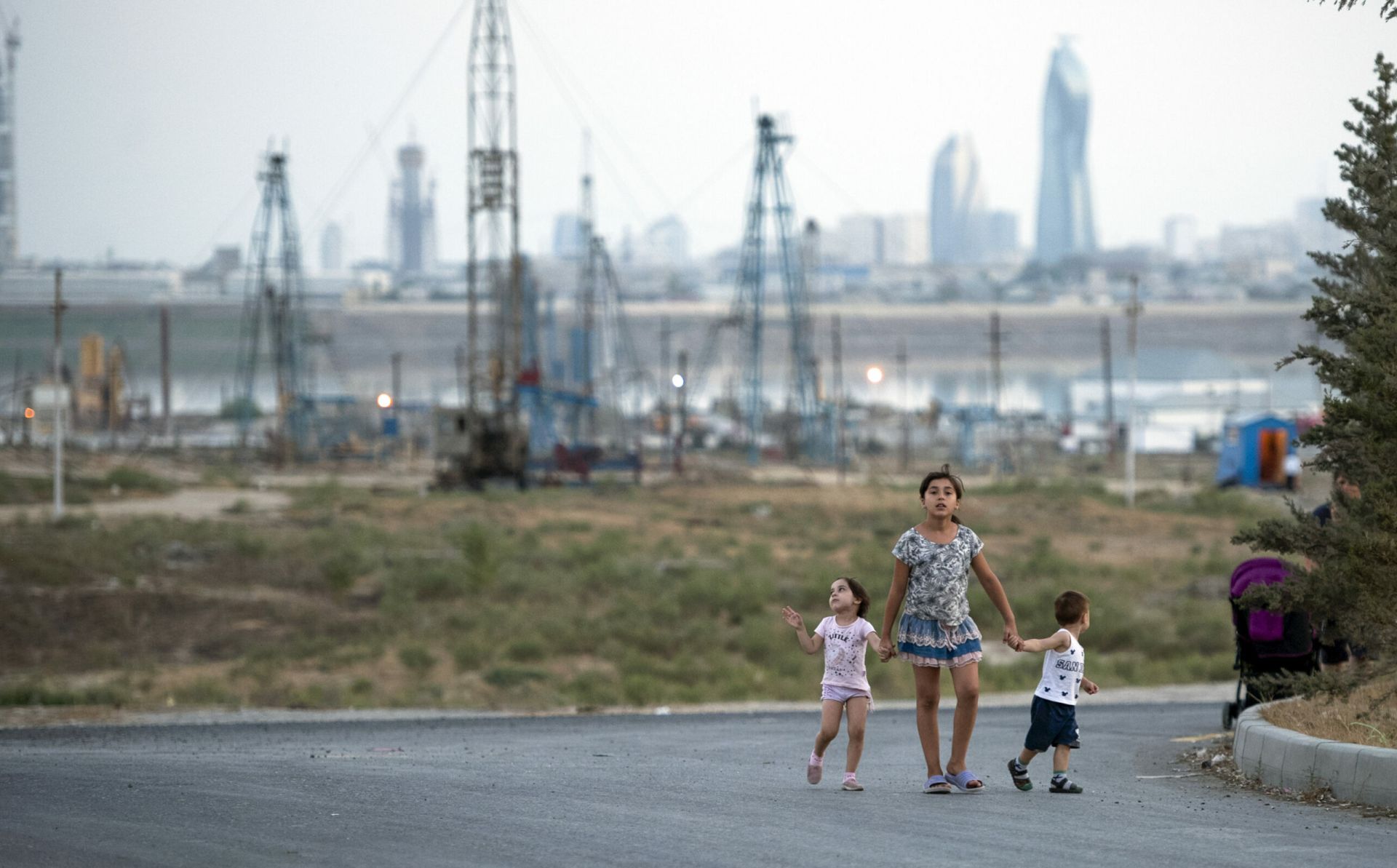
EU adopts increased humanitarian aid budget for 2021, including support for Ukraine and Caucasus
The European Commission has adopted its initial annual humanitarian budget of €1.4 billion for 2021 to tackle global humanitarian needs, further exacerbated by the consequences of the coronavirus pandemic and the effects of climate change. The budget includes €28 million to fund projects addressing crises in Ukraine, the Western Balkans and the Caucasus.
The overall budget represents an increase of more than 60% compared with the initial humanitarian budget of €900 million adopted last year, and breaks down as follows:
- €505 million allocated to tackle long-term crises in Africa, as well as food and nutrition and conflict-related crises.
- €385 million for needs in the Middle East and Turkey to help those affected by the Syria regional crisis, as well as the extremely severe situation in Yemen.
- €180 million in humanitarian assistance to help the most vulnerable populations in Asia and Latin America.
- €28 million to fund projects addressing crises in Ukraine, the Western Balkans and the Caucasus.
- €302 million to be used for EU humanitarian air services and for unforeseen humanitarian crises or sudden peaks in existing crises.
Since climate change is increasing communities’ vulnerability to humanitarian crises, the funding will also help vulnerable populations in disaster-prone countries to prepare better for various natural hazards, such as floods, forest fires, earthquakes, and cyclones.
“Ultimately, humanitarian aid is about saving lives. Yet the gap between the financial resources provided by donors and the rapidly increasing humanitarian needs in 2021 is growing ,” said Janez Lenarčič, Commissioner for Crisis Management. “To leave no one behind we therefore need more international partners to step up to fill this gap. We should not forget that only a global response will solve global issues, such as the fight against the coronavirus pandemic.”
The European Union has been providing humanitarian aid since 1992 in over 110 countries, reaching millions of people across the globe each year. EU assistance is delivered through humanitarian partner organisations, including UN agencies, non-governmental organisations, and the Red Cross family .
Find out more
MOST READ
SEE ALSO
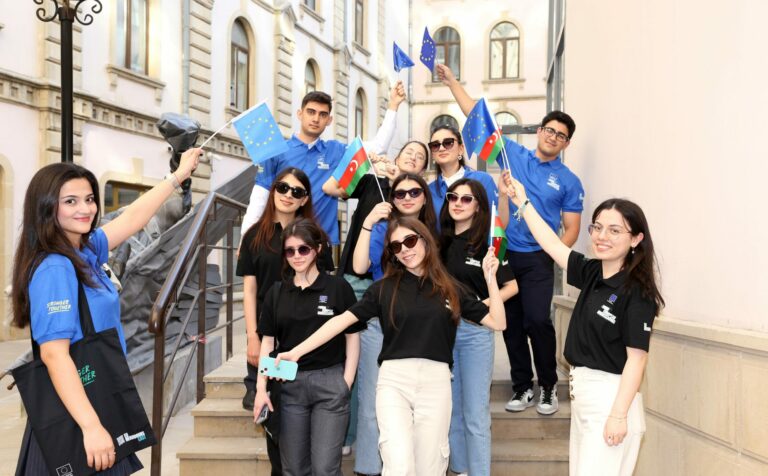
Young European Ambassadors in Azerbaijan welcome new members
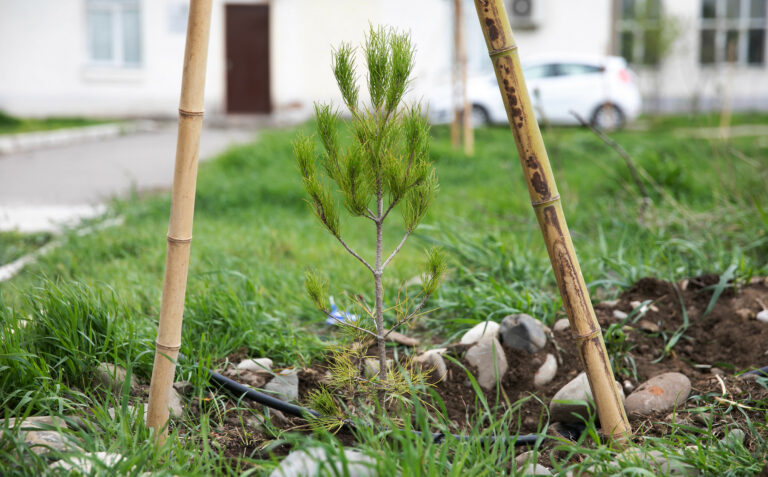
International Mother Earth Day: Young European Ambassadors plant trees and promote EU in Armenia
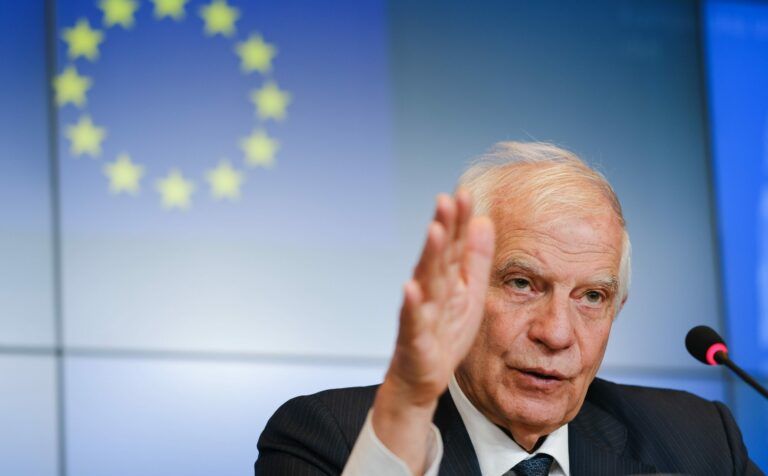
Borrell: some EU members willing to provide Ukraine with ammunition and air defence and interceptor systems
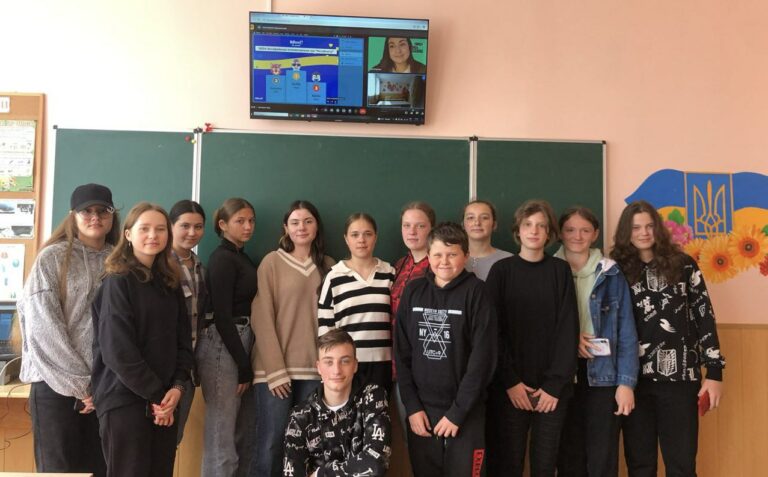
Young European Ambassadors in Ukraine engage students in Vinnytsia Region in game on disinformation

DW Akademie: EU-funded MediaFit programme hosts event for Ukrainian journalists in Brussels
More campaign pages:
Interested in the latest news and opportunities?
This website is managed by the EU-funded Regional Communication Programme for the Eastern Neighbourhood ('EU NEIGHBOURS east’), which complements and supports the communication of the Delegations of the European Union in the Eastern partner countries, and works under the guidance of the European Commission’s Directorate-General for Neighbourhood Policy and Enlargement Negotiations, and the European External Action Service. EU NEIGHBOURS east is implemented by a GOPA PACE-led consortium. It is part of the larger Neighbourhood Communication Programme (2020-2024) for the EU's Eastern and Southern Neighbourhood, which also includes 'EU NEIGHBOURS south’ project that runs the EU Neighbours portal.

The information on this site is subject to a Disclaimer and Protection of personal data. © European Union,







